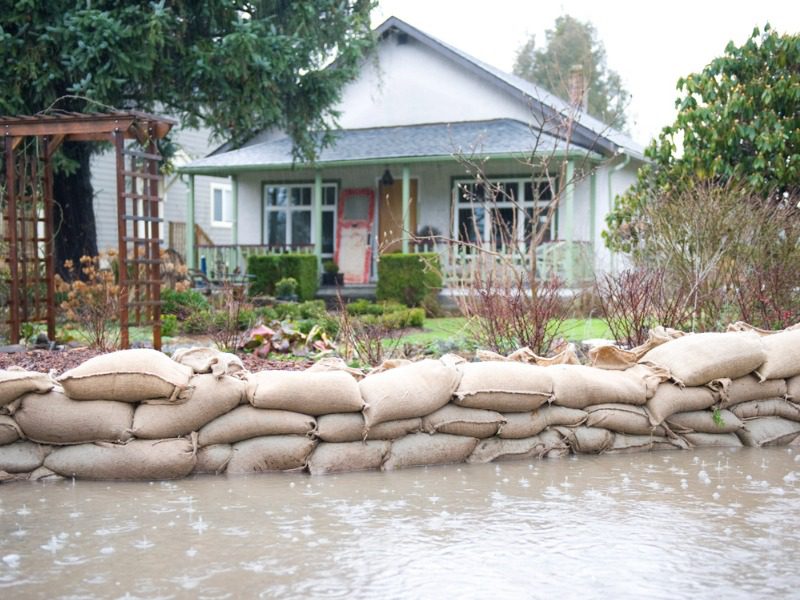Will Hurricane Helene’s track soak Canada?

More rain? Let’s hope not.
So far, it’s looking like Canada will get a pass from Hurricane Helene, which upgraded from tropical storm status earlier today and is forecast to make landfall in Florida on Thursday as a Category 3 or 4 storm.
Current tracking shows the storm remaining at hurricane strength as it enters Alabama, and then backing off to a post-tropical storm as it enters Tennessee and Kentucky. It’s then expected to move to the west and inland before petering out over the weekend.
The U.S. National Hurricane Center is predicting the storm could reach Category 3 (sustained winds of 178 km/hr to 208 km/hr) by the time it makes landfall on Sept. 26. That means its impact on the U.S. Gulf Coast, including high winds, storm surge and heavy rain and flooding, could be major. And residual effects could be felt far from the storm’s centre.
“[Our] meteorologists expect this to be a highly impactful storm,” AccuWeather Chief Meteorologist Jon Porter told U.S. media outlets. “This could be the storm that the 2024 hurricane season is remembered for.”
Related: Expectations for 2024’s hurricane season
Tropical Storm Helene will be strengthened by “supportive conditions and unusually warm sea surface temperatures,” says Anna Neely, managing director and head of catastrophe R&D at London-based Howden Re in a statement.
“In the best case, a big bend landfall could result in losses mirroring Hurricane Idalia’s US$3 billion to US$5 billion; but a significant swing in either direction – either toward the peninsula or panhandle may produce losses that exceed US$10 billion to US$15 billion, similar to Hurricanes Michael or Irma,” Neely adds.
“While exact impacts are still uncertain, the key factor is whether Helene will strike a low- or high-population area, with billions potentially at risk.”
Canada in its sights?
So far, the Canadian Hurricane Centre has not issued any warnings related to Helene.
Plus, the Weather Network points to an interaction of two low pressure systems that create what’s called the Fujiwhara effect as a reason Canada may get a pass. The Fujiwhara effect causes one cyclone to merge into another and in this case would push Helene onto the westward track forecast by both the Canadian and U.S. hurricane centres.
“In Helene’s case, the atmospheric trough south of the border would prevent the remnants of the storm from continuing on to Eastern Canada. Instead, they are likely to turn westward before completing their life cycle, with the upper low absorbing Helene into it,” the Weather Network notes.
“There are still some computer models that pull the moisture further north into Canada, so it’ll be something to watch and see if the Fujiwhara effect verifies.”
Beyond the storm
That last point’s important since, as weather events so far this season have shown, it’s not always the hurricanes and tropical storms themselves that wreak havoc in Canada. It’s the residual rainfall and winds from the storms’ remnants.
Despite Canadians being hit by mere remnants of Hurricanes Debby and Beryl in July and August, summer 2024 still ranks as the most-destructive season in the country’s history for insured losses, as reported by Insurance Bureau of Canada (IBC), citing initial estimates from Catastrophe Indices and Quantification Inc. (CatIQ).
Four catastrophic weather events this summer caused a combined total of over $7 billion in insured losses, IBC notes. In the face of that, IBC reiterated its call for a whole of society approach to solving the problem.
“Insurers are now paying out more in claims for a single event than the $1.9 billion that the federal government has allocated to climate adaptation over the past decade,” says Craig Stewart, IBC’s vice president for climate change and federal issues. “Canada needs to get ready for the next disaster.”
Feature image by iStock/KarenMassier


